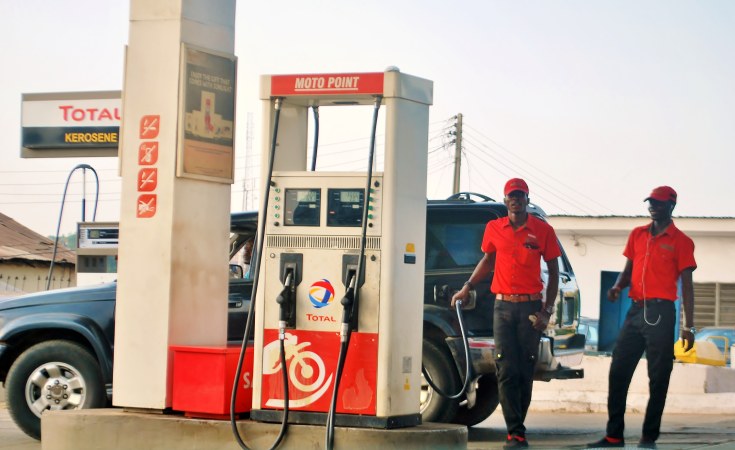The lawmakers asked the federal government to, among other things, purchase natural gas-powered buses to mitigate transport fare hike.
The House of Representatives has called on the federal government to purchase natural gas-powered mass transit buses as palliative measures to mitigate the effect of the removal of petroleum subsidies on the transportation sector.
The House made this call at the plenary session on Thursday following the adoption of the report of an ad hoc committee that investigated the Petroleum products subsidy regime in Nigeria from 2013-2022.
The report was considered by the Committee of the Whole and the recommendations proposed adopted.
"The federal government should out rightly remove subsidies on all petroleum products," the House resolved, adding that palliative measures should be provided, including the purchase of CNG vehicles.
"The federal government should immediately design measures and palliatives to cushion the effects of the subsidy removal for Nigerians effective from this year 2023 through the provision and procurement of CNG Busses as an alternative Transport System with Cheaper Fuel Consumption. The government should also introduce intermodal, regional and national transport systems to ease mass movement of people across the country," the report read in part.
Former Vice President Yemi Osinbajo had in 2020, announced plans by the government to convert commercial vehicles to natural gas. The last administration designed the CNG conversion as part of the process for the removal of petroleum subsidies.
Little has, however, been heard about the project since it was announced by Mr Osinbajo. But the Dangote Group of Companies had in 2020, converted about 4,000 trucks to CNG.
Other resolutions of the House are that:
-The federal government should end the Direct Sales Direct Purchase (DSDP) policy and call for a forensic audit of the policy;
The Nigerian Midstream Downstream Petroleum Regulatory Commission should issue stricter and most appropriate regulations as provided in the PIA to ensure that Nigerians are not short-changed through profiteering;
-The Revenue Mobilisation Allocation Committee, it recommended, should lead a reconciliation meeting between NNPCL, FIRS and JVCs and the Commission on the utilisation of their crude entitlements;
-With the total deregulation of the sector, all the agencies involved in crude lifting/security should have a representative with the Nigeria Navy as a lead agency to physically assess and document daily crude production and lifting.
-The federal government should, as a matter of urgency, liaise with the National Assembly to fashion out critical areas of economic development, in which the additional revenue from the proposed subsidy removal will be appropriately utilised.
-A further investigation through a forensic audit by the office of the Auditor General of the Federation be made to ascertain whether the N413 Billion borrowed from the CBN for subsidy payments was refunded after the passage and assent of the 2015 budget as earlier approved by the President and the report of the Auditor General to be submitted to the House for further legislative action.
-With the subsidy removal, the federal government should forthwith suspend all Direct Sales Direct Purchase (DSDP) contracts. NNPCL should act by the provision of the PIA to ensure that the country is not sub-changed in both production, lifting and sales of crude;
-The Nigeria Customs Service and Weight and Measures Department of the Federal Ministry of Industry, Trade and Investment be equipped to ascertain the actual daily crude oil lifting from the country for proper checks and balances;
-The NEITI Act, 2007 be amended by the National Assembly to be in tune with global best practices; and
-Given the constraints of the Committee and overlapping events, the National Assembly (HR) Standing or Ad-hoc Committees be saddled with such responsibility to conduct a full-scale investigation on the defaulting oil companies and MDAs that have not met the expectations of the committee to ascertain their level of involvement or otherwise and further protect the commonwealth of the country.
Subsidy removal
President Bola Tinubu had on Monday declared that the petroleum subsidy regime 'is gone", sending an instant shock in the energy market.
Hours after the speech, queues appeared at major filling stations across the country. Retail outlets, including those owned by NNPC Limited, increased their pump price by about 300 per cent.
On Wednesday, representatives of the government and the organised labour unions--the Nigerian Labour Congress and Trade Union Congress (TUC)- met on the removal of the subsidy, however, the meeting ended in a deadlock.
Despite the mixed reactions to the policy, the House on Tuesday backed Mr Tinubu on the policy and pleaded with Nigerians to exercise patience with the government.


